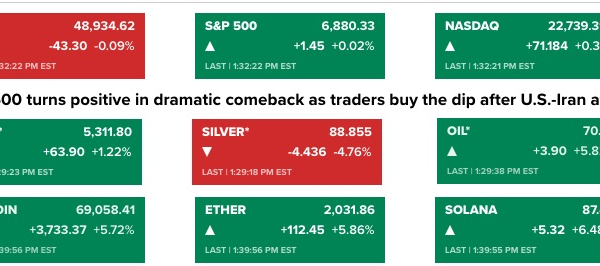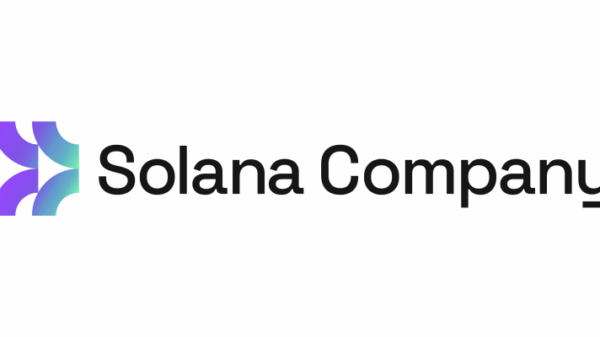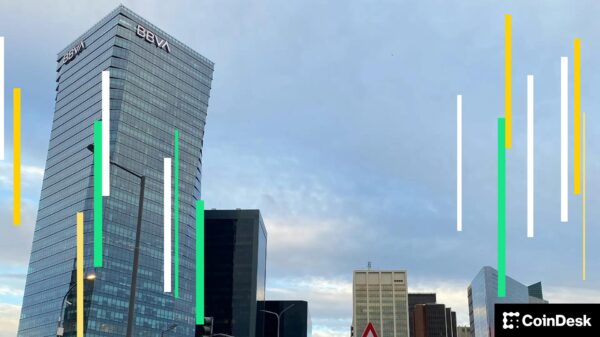Recent developments in the cryptocurrency market have raised serious concerns as allegations have surfaced against Vanessa Cao, founder of BTX Capital. Accusations suggest that she may have engaged in price manipulation of several altcoins, including POPCAT and TST, particularly on the Hyperliquid trading platform.
The timing of these allegations coincides with a notable decline in the prices of Bitcoin (BTC) and various altcoins, which have experienced sharp drops since October. The situation worsened in the last 24 hours, prompting increased scrutiny and bearish sentiment across the market.
According to crypto analyst Specter, Cao is accused of artificially inflating the price of POPCAT by establishing a buy wall valued at approximately $25 million. This strategy reportedly involved creating a facade of substantial demand at a price point of $0.21, only for the orders to be withdrawn shortly thereafter. Such actions led to the triggering of liquidations among highly leveraged investors, culminating in an estimated $4.9 million loss in HLP.
Data indicates that the manipulation on POPCAT took place on November 12th, with the buy wall contributing to significant collateral losses. The attackers are believed to have lost around $4 million while HLP incurred losses of approximately $4.9 million. Further investigation revealed the involvement of twenty-six wallets in this price manipulation scheme, some of which are linked to known entities, including OKX and other previous TST token manipulations. Notably, some of these wallets are directly associated with BTX Capital and Cao”s public wallet, vanessacao.eth.
In light of these findings, analyst Specter posits that the perpetrators may have offset their losses by short-selling POPCAT on centralized exchanges. Additionally, there are suspicions surrounding BTX Capital regarding potential manipulation of other tokens that have exhibited unusual price fluctuations, including ZEREBRO, JELLYJELLY, ZEC, and HIFI.
As the investigation unfolds, the ramifications of these allegations could have significant implications for the broader cryptocurrency market, particularly in how regulatory bodies respond to potential market manipulation practices.















































































